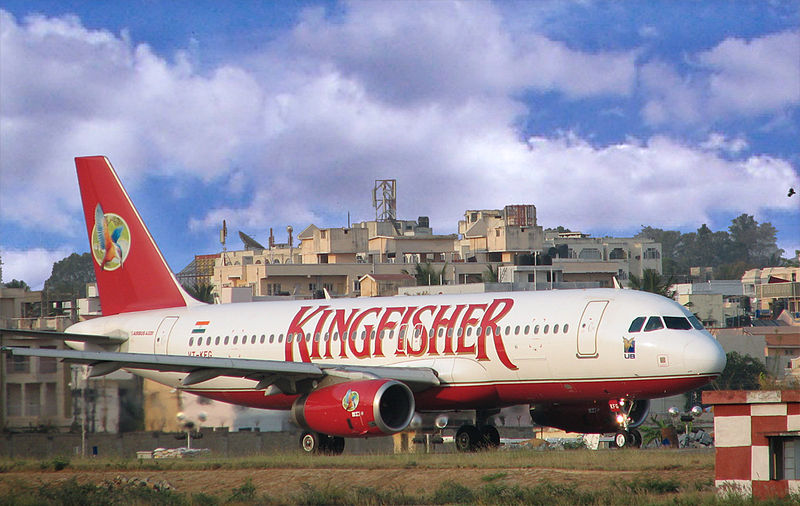Why Air Travel to become Expensive ? Book your tickets before hike. Nine EU countries call for European aviation tax to curb emissions
Nine European Union states have called on the bloc’s incoming executive Commission to introduce an EU-wide tax on aviation so as to charge a polluting industry more for its emissions and put all member states on level pegging.
Taxing air travel for climate is a scam to steal from travelers. Aviation is only 2% of emissions. Even if aviation went away today and forever, the weather would not change — but our standard of living and economy would suffer.

France will introduce an eco-tax on airlines flying out of the country, which is expected to raise around €180 million from 2020, transport minister Elisabeth Borne said on Tuesday.
Flights within France or the EU will be taxed €1.50, economy flights out of the EU will be taxed €3, while the price of the tax for business class flights within the EU will stand at €9. It will go up to €18 for business class flights outside the EU.
The tax will be applied to all companies taking off from a French airport, except for flights to Corsica, French overseas departments and territories, and connecting flights, the transport minister said. The measure will be included in France’s 2020 budget.
Other EU countries before France have gone down that route.
The Netherlands
The Dutch government presented a draft law in May that plans for the January 1, 2021 introduction of a €7 tax on every plane ticket departing from the country.
The measure would also establish a tax on air cargo transport of up to €3.85 per tonne of cargo, with a lower rate for quieter aircraft. It should raise €200 million, according to a statement from the Dutch government.
The 2021 deadline was set to allow enough time for a potential EU-wide law to be introduced, which would nullify the need for a national law, the statement also explained.
In a letter to the EU’s executive in charge of climate, Frans Timmermans, the finance ministers of Germany, France, the Netherlands, Sweden and five other EU states appealed for “some form of aviation tax” without giving specifics.
Sweden
A similar tax exists in Sweden since April 2018, which applies to commercial flights — of more than ten passengers — departing from a Swedish airport.
The rate also depends on the flight’s final destination. If the plane is EU-bound, each passenger is taxed €6 but if it travels outside the bloc, then the tax rises to about €25.
Germany
An aviation tax came into effect in 2011 and applies to passenger flights departing from Germany.
For destinations in EU member states, EU candidate countries, European Free Trade Association members and third countries within the same distance, the rate is €8.
It rises to €25 for destinations under 6,000 km away while it stands at €42 for destinations of more than 6,000 km.
One of the largest countries behind the letter was Germany, which already levies its own aviation tax. Its finance minister, Olaf Scholz, told it might serve as a blueprint for an EU-wide aviation tax.
“The German aviation tax has proven itself. It can also be a model in the EU for more climate protection,” Scholz said.
The nine countries said an aviation tax where “the polluter pays a fairer price for the use of aviation transport” is necessary to combat climate change. Transportation is the only European sector currently increasing its emissions.
“Compared to most other means of transportation, aviation is not sufficiently priced,” the letter said, recounting all the perks currently enjoyed by the sector, including exceptions from excise duties and the fact that no VAT is levied on international flights.
Higher taxes on polluting industries have been hotly debated among EU states as the EU requires unanimity when deciding on policy, such as taxation.
Ambitious targets for reducing carbon emissions by at least 50% by 2030 are part of the agenda of the new European Commission.
In July, France announced a levy on airlines flying from its airports to help support the environment, a move that Air France said would significantly hurt its competitiveness and add over 60 million euros in additional costs per year.
One of the signatories of the letter, Sweden, introduced an aviation tax on its own in 2018 and another, the Netherlands, is planning to introduce one in 2020 unless an EU agreement is reached before then.
“By taking action now, we hope this important issue will take off in Europe too,” Menno Snel, the Netherlands’ finance minister said in a statement on Thursday.
It is important to have alternate fuel .
Reference- Reuters



